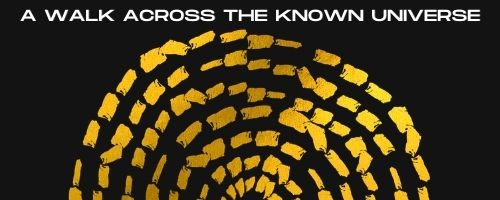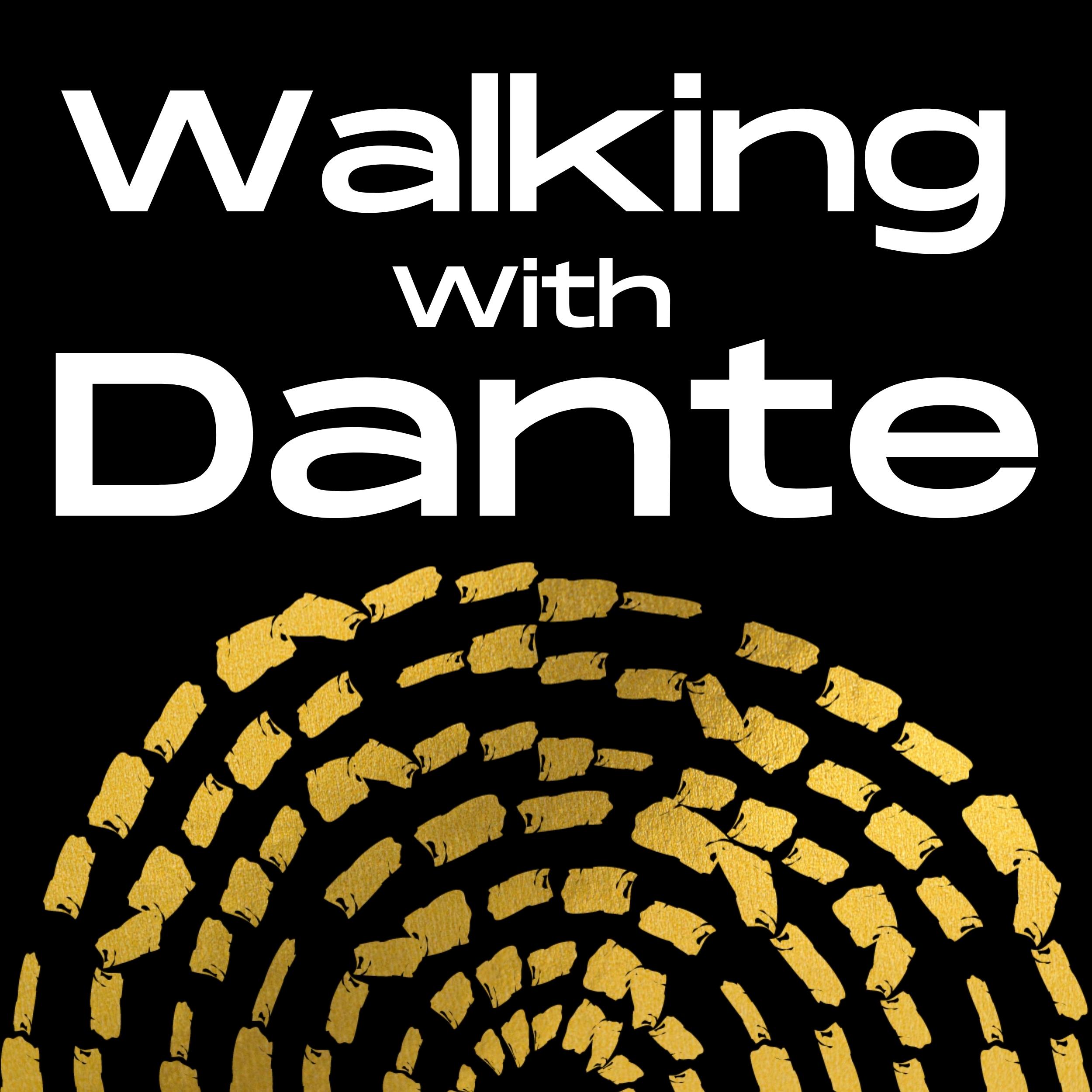Episode 70
Sorrows And Windows For Sorrow: Inferno, Canto XIII, Lines 79 - 108
Pier seemed to have come to a conclusion in his last speech with Virgil and our pilgrim, Dante. But he's clearly not done. Prompted by Dante, Virgil asks the shade how it got to be a bush and (more tellingly) whether it can escape.
This is a passage rife with problems: Virgil's dualism, at odds with a Christian understanding of the resurrection; Dante-the-pilgrim's on-going silence in the face of his own sorrows; Pier's rhetorical flourishes which become less and less pronounced the closer he gets to speaking about the Last Judgment, the end of time.
If anything, Pier's second speech in Canto XIII of Inferno brings up more questions than it answers. This is complicated literary territory. Join me, Mark Scarbrough, as I take it step by step, exploring one of the most dazzling cantos of Inferno.
Here are the segments for this episode:
[01:14] My English translation of the passage from Canto XIII of Inferno: lines 79 - 108. If you'd like to see this translation "in the flesh" (hello, Pier!), it lives on my website, markscarbrough.com.
[03:26] The passage starts with someone's hesitation. Whose? Virgil's? Pier's? It's more complicated than you might think.
[05:06] The first words of our pilgrim, Dante, since way back in Canto XI. And he doesn't say much--except to reiterate the problem of belief and trust in a literary context. Why has our pilgrim been silent? I have several answers, including the notion that we might be in a thematic progression since Canto X with Farinata.
[09:31] Virgil's response to the pilgrim--and a literary tie-back to Canto X.
[12:07] Virgil seems caught in a potential heresy. The old classical poet appears to be a dualist, thinking the mind and body are separate things.
[14:46] Pier's second speech--and the answer to what happens to the suicides in the resurrection.
[20:57] The story of the metamorphosis itself: an infernal take on one of Jesus's parables and a tribute to Ovid, all in one short passage.
[24:48] Pier's final moments: a strange fusion of Dantean heresy (theological suicide? literary suicide?) and Pier's final honesty after so much rhetorical fandango.
[27:54] A final shot: there may be a reference to Judas Iscariot running throughout all of Pier's speeches.


